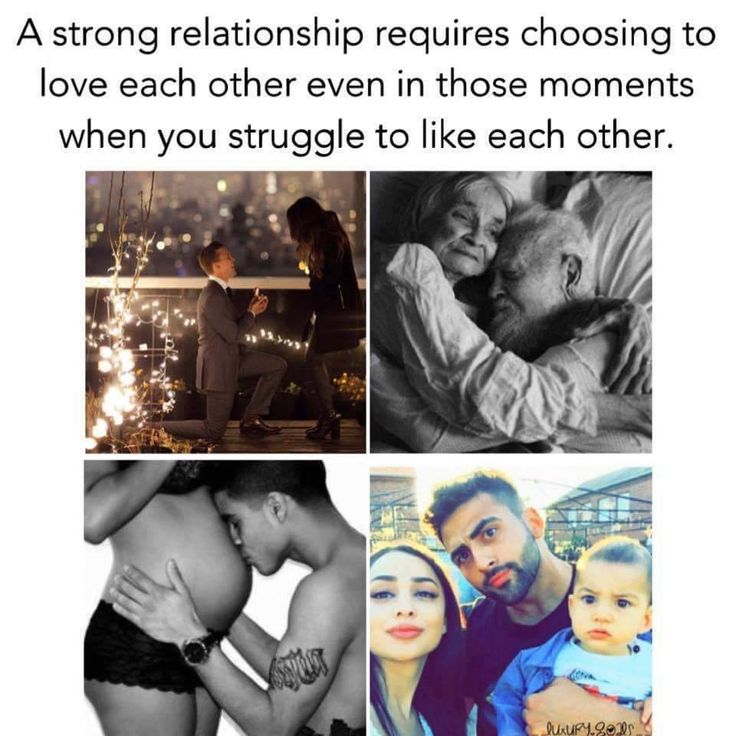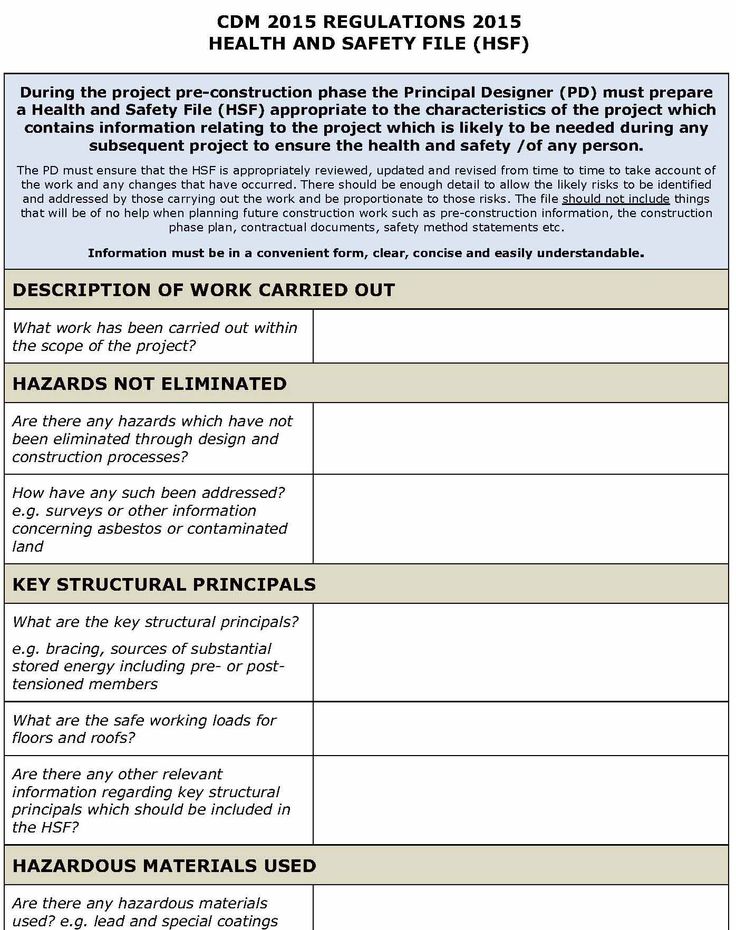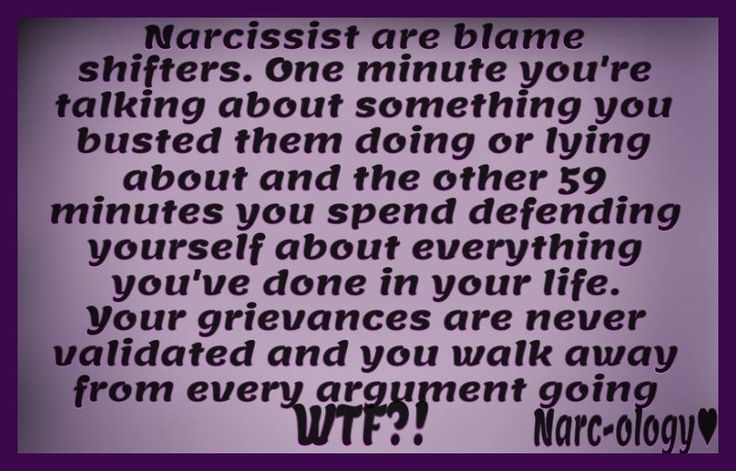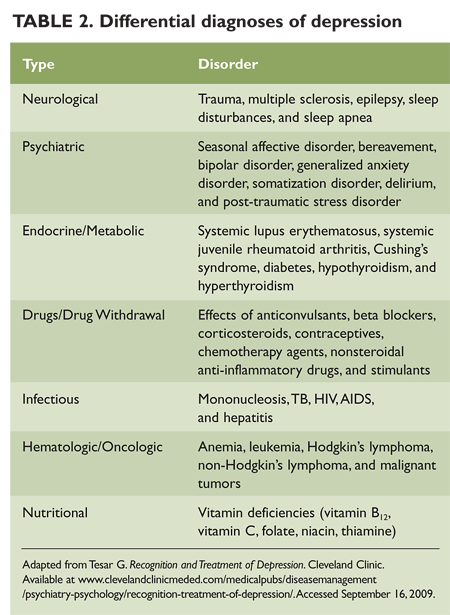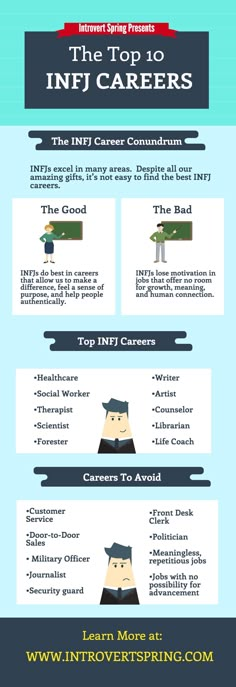Choosing to love
Here's Why Love Is a Choice and a Decision
Couples in long-term commitments often say that love is an ongoing choice. You decide every day how or if you cultivate love in your relationship.
You can experience great love in many ways — romantically, platonically, companionable — but it’s rarely a force out of your control. At some point, love is a choice — and a lot of work!
Love is a choice and a decision because your actions determine if it lives on or ends. You are in control of how you act in your relationships and how much you push past conflict and challenges.
When you decide to work on communication, trust, intimacy, or emotional security, you’re choosing love.
What about hormones? If love is driven in part by biology, it may seem like something beyond your control that will continue indefinitely.
But, while hormones can sweep you up in the early days of love, Elizabeth Earnshaw, a licensed marriage and family therapist from Philadelphia, explains that lasting love requires conscious decision-making.
Hormones may continue making you feel sexually attracted to your partner, for example, but that’s different than love.
“As your relationship grows, your hormones will no longer be the driver of the feelings,” she says. “This means you need to be the driver of the feelings. You do this by actively choosing to be a loving partner.”
It may feel easy to find love at first — your hormones are leading the way. Building love, which implies emotional intimacy, may take effort and action.
If you feel you love your partner despite the absence of loving gestures and actions from them, you may be dealing with an anxious attachment style or a personality disorder, among others.
Love is a verb
Lasting love can’t rely on hormones to carry it forward. This means your actions — or lack thereof — directly contribute to the strength of love in a relationship.
A new 2020 model of fundamental love suggests there are four components essential to building enduring relationships:
- attraction
- connection
- trust
- respect
These are features of love that require you to act.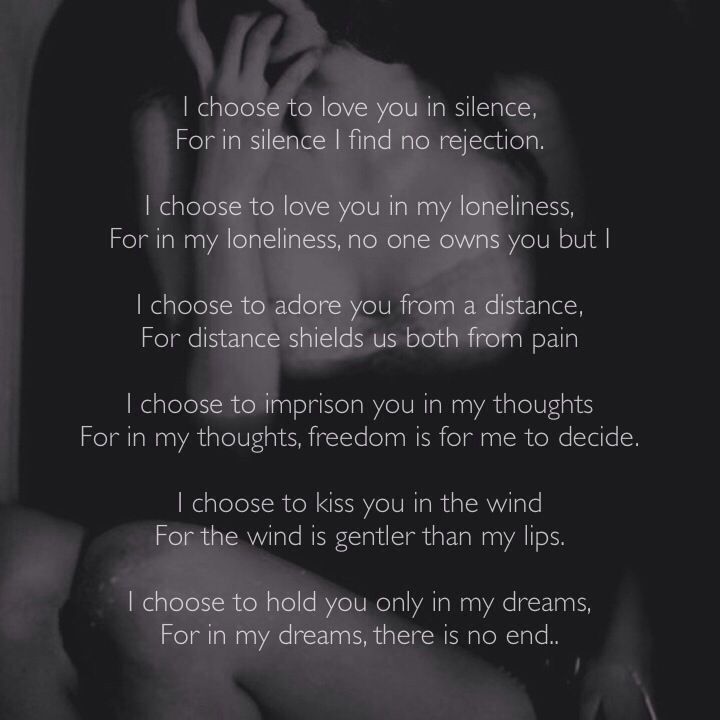 These are actions of compassion, appreciation, and reliability to build. They’re made from times of positive shared experiences, close proximity, and familiarity.
These are actions of compassion, appreciation, and reliability to build. They’re made from times of positive shared experiences, close proximity, and familiarity.
Love is a biological cascade of hormones and feedback pathways in your brain, but it’s also a deep psychological connection and bond that creates a sense of comfort, intimacy, and trust.
There are different theories about attachment styles and the stages of love. Not all of these are a choice but some may be.
Some experts focus on three biologically-defined phases of love, while others believe there are seven or more emotionally-based phases.
Biologically, the framework for love was laid down in the 1990s by Dr. Helen Fisher, who along with a team of researchers at Rutgers University, mapped the stages of love to unique hormone processes in the brain.
- Lust: The phase ruled by sex hormones estrogen and testosterone. This phase promotes the need for sexual gratification and reproduction.
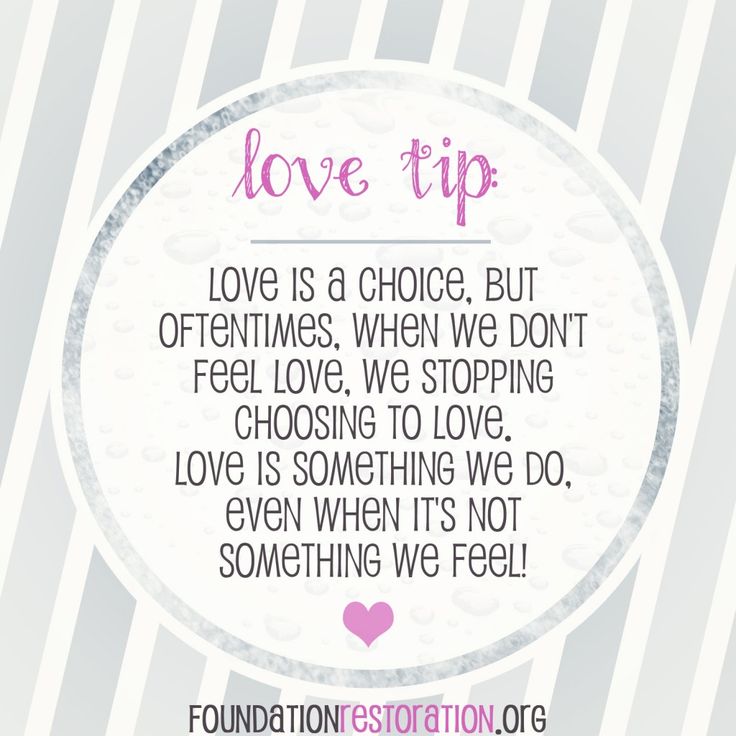
- Attraction: Similar to the phase of lust in purpose, attraction is defined by the dominant role of dopamine and norepinephrine, which contribute to feelings of elation, energy, and euphoria.
- Attachment: Ruled by the hormones oxytocin and vasopressin, this phase encourages emotional bonding in long-term relationships.
Not all types of love include all three stages in Fisher’s model. Companionable love or friendship, for example, doesn’t usually involve lust.
The emotional phases of love tend to be less easily defined, as love is a unique experience for everyone.
One of the most popular theories involves four stages of love, including the initial “honeymoon” phase people associate with “falling in love.”
“Euphoria and obsession characterize this phase and thankfully it does not last or we wouldn’t be able to get our work done,” Marlena Del Hierro, a licensed counselor from Winston Salem, North Carolina, says of the honeymoon phase.
After the honeymoon, or falling in love stage, comes:
- early attachment: You’re now aware of your partner’s quirks, but you’re still learning about one another, enjoying new experiences, and building memories.
- crisis and tension: During this phase, the relationship is strongly tested by a crisis, major life change, or personal growth that may cause drifting apart.
- deep attachment: Relationships that have come through hard times successfully enter deep attachment and have a sense of understanding, acceptance, and respect, as well as emotional safety.
When some talk about love being a choice, and not a feeling, they may be referring to the transition between the crisis phase and the deep attachment stage.
It’s OK if you don’t know how to choose love at first. There are simple strategies you can immediately apply to show love is a choice — your choice.
1. Finding ways to show gratitude
“The strongest tip to actively choose love is to choose to look at the gratitude in a relationship,” says Del Hierro.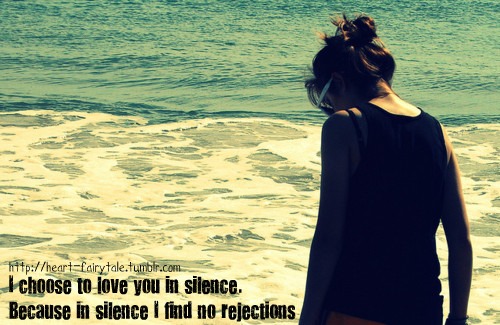
She recommends asking yourself, “What did my loved one do that helped me today?”
Even small things, like making coffee, deserve a “thank you” or a hug, kiss, or reciprocating act. These could also be something simple like washing your mug so your partner doesn’t’ have to.
Sometimes, just acknowledging the other person and saying “I see you. Thank you!” is enough.
2. Showing affection
Del Hierro also recommends finding ways to express affection. Hugging, kissing, and touching are obvious go-tos, but they don’t come easily for everyone.
Affection doesn’t have to be only physical, though. It can also be shown through thoughtfulness.
Leaving out your partner’s favorite blanket on a cold day, or cleaning off their car before work in the winter, for example, can be expressions of affection.
You’re going out of your way to do something kind for your partner because you’re choosing them.
3. Showing appreciation for who your partner is
Loving the person, not the action can be an important aspect of love.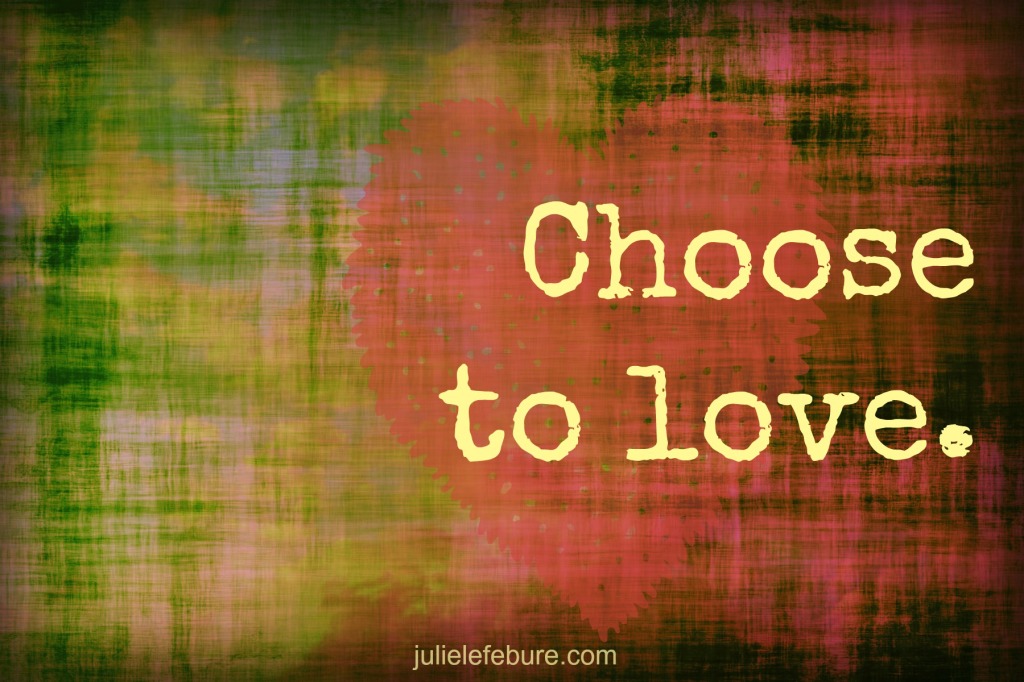 This means you love your partner for who they are, not what they do for you or what they offer you in the moment.
This means you love your partner for who they are, not what they do for you or what they offer you in the moment.
You can show appreciation for who your partner is through the simple act of complimenting or reaffirming what makes them special. If you notice they have a great work ethic, for example, you can tell them.
4. Taking care of yourself
Earnshaw points out that taking care of yourself is also a way of actively choosing love.
Taking care of yourself can show that you want to be the best version of yourself for yourself and your partner.
Eating right, exercising, and focusing on health can be ways to show you’re looking forward to growing old together.
Because love is a choice, doing things that go against the tenets of love may damage your relationship.
These love-damaging actions and attitudes may include things that challenge attraction, deep connection, trust, or respect.
These are some signs that love isn’t a choice for you or your partner:
- ignoring or dismissing your partner’s needs and concerns
- not communicating
- emotionally abandoning your partner
- taking your partner for granted
- being critical and judgmental
- keeping secrets
- revealing things your partner has confided in you
- pushing someone to change the way they are to please your preferences
- belittling your partner in private or in front of others
- no longer demonstrating affection
Falling in love can be a hormone-driven whirlwind of excitement and happiness, but enduring love is a choice made through everyday actions.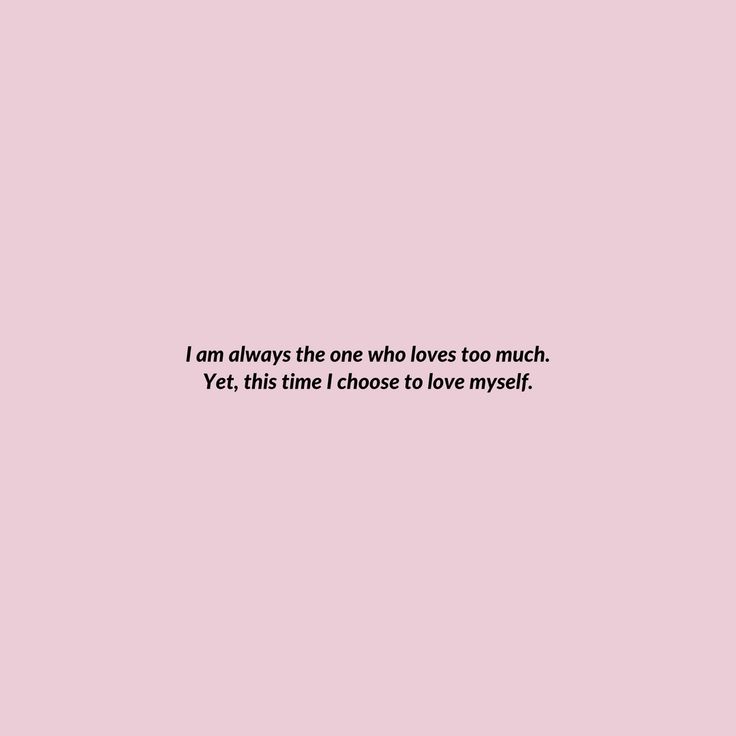
This doesn’t mean love has to be a tiresome sprint, but it does mean you have to consciously decide on actions that constantly build and protect intimacy, trust, and affection.
Small gestures of appreciation and consideration go a long way toward forming unbreakable bonds.
Choose To Love - Dr. Rick Hanson
What does your heart say?
The Practice:
Choose to Love
Why?
Many years ago, I was in a significant relationship in which the other person started doing things that surprised and hurt me. I’ll preserve the privacy here so that I won’t be concrete, but it was pretty intense. After going through the first wave of reactions – What?! How could you? Are you kidding me?! – I settled down a bit. I had a choice.
This relationship was important to me, and I could see that a lot of what was going through my mind over there was really about the other person and not about me.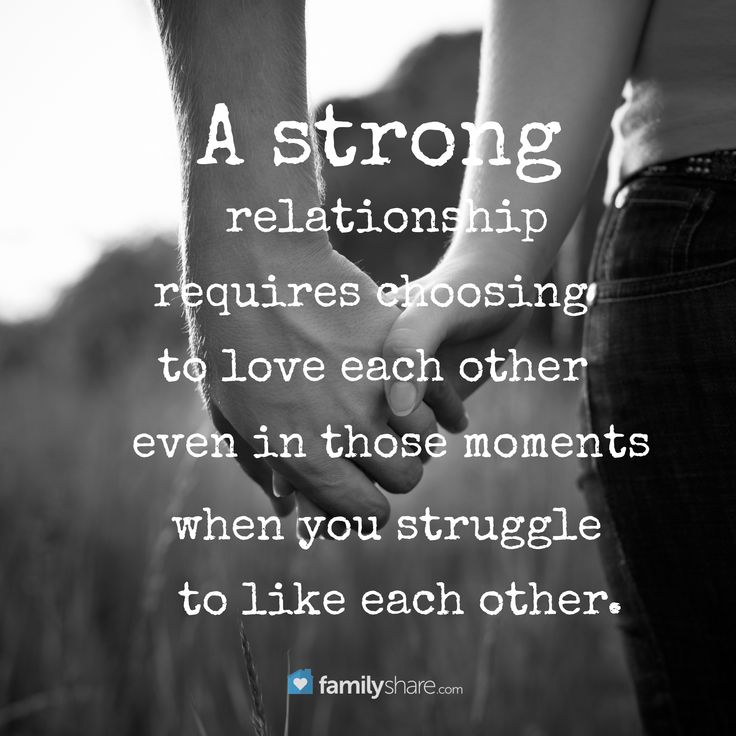 I began to realize that the freest, strongest, and the most self-respecting thing that I could do was both to tell the person that we were on very thin ice . . . and to choose to love meanwhile.
I began to realize that the freest, strongest, and the most self-respecting thing that I could do was both to tell the person that we were on very thin ice . . . and to choose to love meanwhile.
To my surprise, instead of turning me into a doormat or punching bag, love protected and fueled me. It kept me out of contentiousness and conflict and gave me a feeling of worth. I was interested in what the other person was going to do, but in a weird way, I didn’t care that much. I felt fed and carried by love, and how the other person responded was out of my hands.
I got interested in “loving at will,” in how to go to the upper end of the range of what is authentically available to a person in terms of feeling or expressing compassion, good wishes, and warmth. You shouldn’t falsify what’s truly going on with you, nor let yourself be mistreated. But whatever this range is for you at any moment in any relationship, it’s your choice where you land within it.
I became less caught up in how I wanted the other person to think and feel and act and more focused on my own practice of finding and re-finding some sense of love. It felt kind of like I was strengthening the heart like a muscle. I joked with myself that I was doing love pushups (not the sexual kind!).
It felt kind of like I was strengthening the heart like a muscle. I joked with myself that I was doing love pushups (not the sexual kind!).
If it’s authentically within reach, you can deliberately, even willfully, settle yourself in love as a central quality in your mind. This is not phony: the love that’s there in you is genuinely there. In fact, choosing to love is twice loving: it’s a loving act to call up the intention to love, plus there is love that follows.
Looking back, my shift out of quarreling and into a healthy feeling of lovingness helped things get better with this person. And the relationship taught me a good lesson:
Love is more about us being loving than about other people being lovable.
Get Tips Like This Delivered Right to Your Inbox
You can unsubscribe at any time and your email address will never be shared or sold.
First Name
Email(Required)
Phone
This field is for validation purposes and should be left unchanged.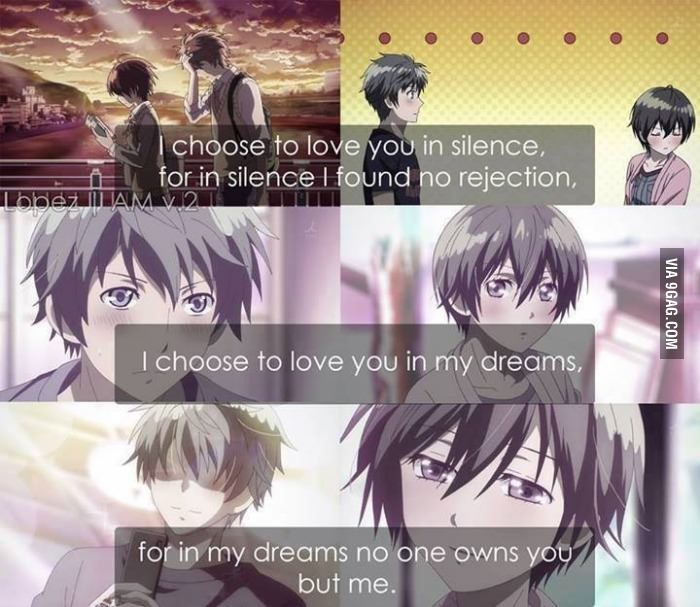
How?
Start with someone that’s easy to feel love around. Relax a bit. Take a breath or two and come home to yourself. Sense into the area of your chest and heart. Be aware of what compassion and kindness feel like; perhaps call up the sense of a time when you felt very loving. Ask yourself, Can I feel loving now? Open to a natural warm-heartedness. Choose to love.
Take a dozen seconds to open to feeling as loving as you can in your body. Take in this experience, let it sink into you. This will strengthen the neural trace of the experience – a kind of emotional memory – and make it easier to call up the next time. Also register the sense of deliberateness, of choosing to love.
Then try these methods with someone you feel more neutral about, such as a stranger on the street. Eventually, try this approach with someone who is difficult for you.
It could help to be more aware of the other person’s stresses, worries, and longings.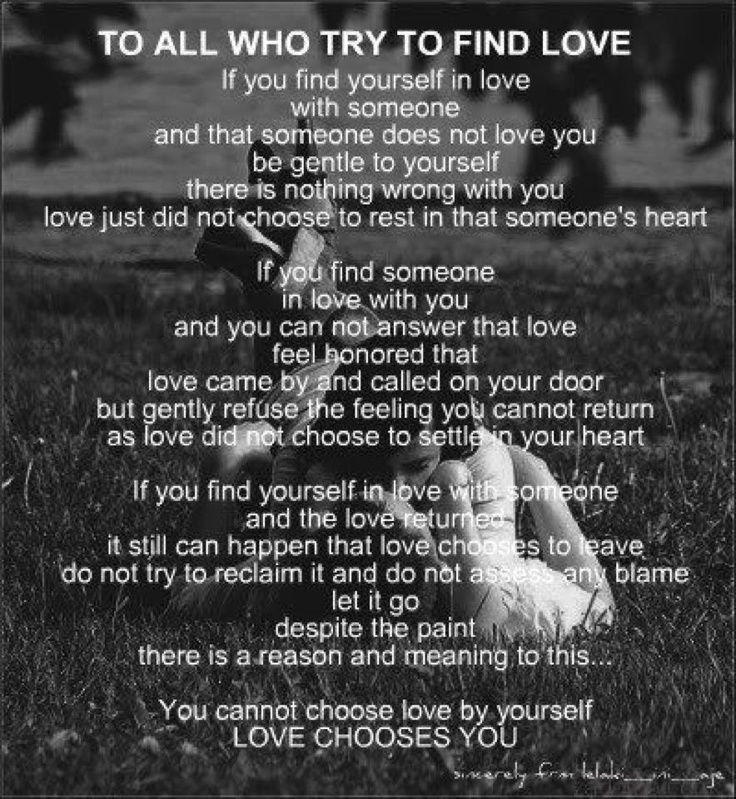 Without staring, look closely at him or her for ten seconds or so. Can you let your heart be moved by this face?
Without staring, look closely at him or her for ten seconds or so. Can you let your heart be moved by this face?
Get a sense of the different external and internal forces pushing and pulling the other person this way and that – perhaps leading him or her to do things that hurt you or others. Let your eyes relax and get a sense of the bigger picture. Disentangle from the parts, and open into the whole.
Let love be there alongside whatever else is present in your relationship with the other person. There is love . . . and there is also seeing what is true about the other person, yourself, and circumstances affecting both of you. There is love . . . and there is also taking care of your own needs in the relationship.
Love first. The rest will follow.
Know Someone Who Would Like to Be More Loving?
Use the buttons below to share this article via social media or email.
Love is not a feeling, but a choice, and that's why
34,354
Get to know yourself A man among people
We are used to thinking that we just fall in love, and we do not give any additional explanations for this.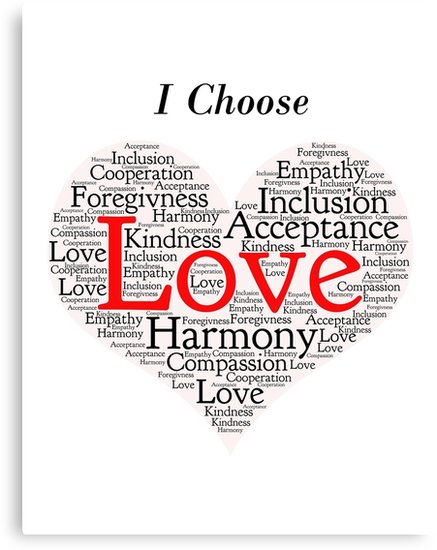 But in fact, we rather make a choice - to be with a person, stay close to him and love him. So says sociologist Brooke Meredith.
But in fact, we rather make a choice - to be with a person, stay close to him and love him. So says sociologist Brooke Meredith.
She suggests imagining the following situation: you met someone you like so much that you decide to go on a date with him or her, then another and another. You look forward to each of these meetings with trepidation and anticipation, but suddenly something very important happens in life - for example, you are offered a dream job related to moving to another city or country. nine0003
And in this case, you will most likely stop communicating with a potential partner simply because your head will be occupied by someone else, and you are not ready to invest in long-distance relationships. Which means you choose not to fall in love with that person. Terminate a process already in progress. Yes, that's also possible.
Love does not happen to us overnight. It takes time to truly love someone - hundreds of hours spent together in a variety of situations. Love requires face-to-face communication in different circumstances. nine0003
Love requires face-to-face communication in different circumstances. nine0003
It's easy to get carried away with someone. Experience attraction and passion too: this happens even on the first date. These feelings are really difficult to resist (even if you are infatuated with someone “not the right one” - for example, a married man) and easy to confuse them with love, but this is not her. Love takes time, Brooke Meredith is sure.
Love is not an emotion or a feeling. This action and choice is a million choices that we make
Throughout life, most people experience a variety of feelings for different people, the question is what we do next: resist attraction or take a step towards love. Love means certain actions and behaviors. nine0003
To love means:
- to choose to stay with your partner, even if he is having a hard time now, because this person means a lot to you;
- invest your soul in relationships, spend time and effort on their development;
- feel attracted to someone else, but choose to stay with a partner if that is the agreement within the couple;
- be included, reliable, responsive, listen and hear;
- make sacrifices if necessary: work less in order to spend more time together, move with your partner to where he was offered a job; nine0024
- to be interested in what is happening in his life and what fascinates him, to attend interesting events with him.
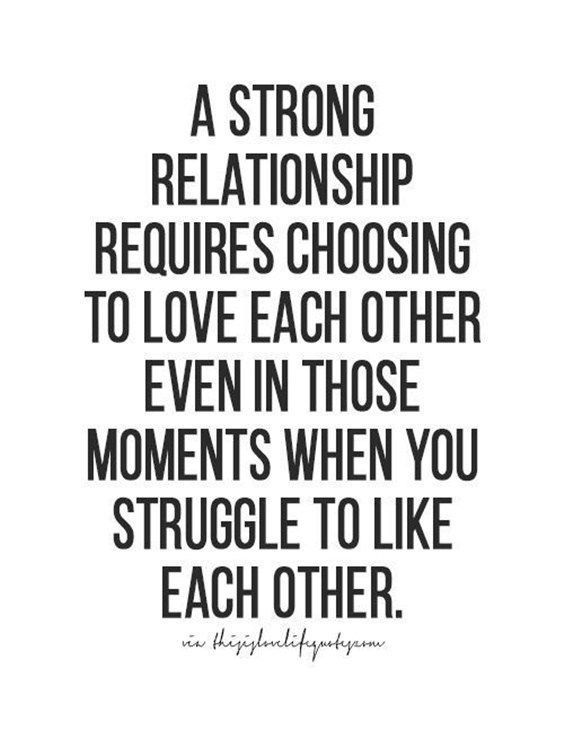
Loving someone, we experience a whole range of feelings: euphoria, warmth, excitement, fullness, excitement, calmness, desire. Yet love as such is not an emotion or a feeling. This action and choice is a million choices that we make.
The choice to come home on time, if promised, to listen carefully to a partner who shares problems at work. The choice to give birth or adopt a child, buy an apartment. Stay together despite the hardships. We make all these choices day after day, throughout the years we love someone, not passively, but actively: staying together, going through difficulties, trying new things and having fun. nine0003
Love continues because we choose to forgive. We choose to focus on the good, on the best qualities of the partner, and not on his shortcomings. Love continues because we choose to love it over and over again.
Text: Polina Franke Photo Source: Getty Images
New on the site
“The guy proposed to meet, but I didn’t feel joy, although he is almost perfect .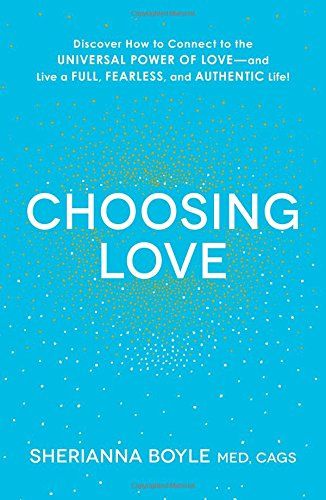 .. Why?”
.. Why?”
“My girlfriend's ex talks about their sex. It infuriates me”
“Vicious circle”: how important sex is in a relationship — the answer of scientists
The reverse side of the holidays: why they make not everyone happy
“Why did you get divorced?”: Russian women named 5 main reasons for divorce
Obscene words, emoticons, lookism : what's wrong with male profiles in sex search apps
How to avoid conflicts with relatives on New Year's Eve: 7 tips from an etiquette expert
"How to overcome shyness when communicating with unfamiliar people?" nine0003
True love is a choice
99,055
Man and woman
My wife and I have known each other since school, but we started dating only after some time. It has only been a few weeks, but we already realized that we are madly in love with each other and want to get married.
I was all in favor. He even suggested, without delay, to rush to Las Vegas, where they would immediately paint us (seriously!). Kim, however, was more pragmatic. She needed time to plan everything. I felt like the air had been sucked out of me. “We are so different,” I said then. “You like to put everything on the shelves, and I love spontaneity.” nine0003
Kim, however, was more pragmatic. She needed time to plan everything. I felt like the air had been sucked out of me. “We are so different,” I said then. “You like to put everything on the shelves, and I love spontaneity.” nine0003
Kim's eyes widened. "Spontaneity? I can be spontaneous! she retorted hastily. - You will see. But first I would like to clarify when, at what time I need to be spontaneous so that I can put it in my organizer...”
I looked at her in confusion. She was completely serious! Apparently, Kim didn't understand what the word "spontaneously" meant. It may seem funny, but the more I think about this conversation, the more I realize that the most beautiful thing about love is when you plan or choose to love someone. nine0003
We can't run from the ship every time there are clouds on the horizon. True love does not depend on weather conditions
Someone said that to love means to be unconditionally devoted to a person, knowing about his imperfections. And it is true.
And it is true.
When the butterflies have flown away and your wedding day has become only a pleasant memory, you find yourself married or married to a person as imperfect as you are. And he, in turn, also realizes that you have your own problems, sharp corners and quirks. nine0003
Then you begin to understand that true love is not only a euphoric, spontaneous feeling. This is a conscious choice. You really commit to love each other in joy and sorrow, in poverty and wealth, in health and sickness. These are not empty words.
Of course, you don't choose who you like or like. But you can definitely choose who you love and, more importantly, who you go through life with.
Our society pays a lot of attention to feelings. We are taught to always follow the call of the heart and do what it tells us. But feelings are fleeting. Love, on the contrary, is like the North Star, always illuminating our path in all life's storms. Whenever we feel lost or confused, we draw strength from the love of the one we have chosen. nine0003
nine0003
There are so many spontaneous and elemental things in life: failures, disappointments, job loss, illnesses and many other problems. We can't run from a ship every time clouds gather on the horizon. True love does not depend on weather conditions.
When my grandmother was in her 50s, she was diagnosed with multiple sclerosis. This disease destroys the nervous system. Within a few years, my grandmother lost the ability to walk and was confined to a wheelchair. Grandpa, who was the chief of police, retired early to take care of her. He helped her with everything from cleaning the house and going to the doctor to taking a bath. nine0003
One day, in a conversation with my mother, my grandfather said: “It hurts me to see her in such a state. You know, when we got married, I thought that everything in our life would go like clockwork. I never imagined that someday I would have to change her catheter every day. But I do it, and it's not difficult for me - because I love her.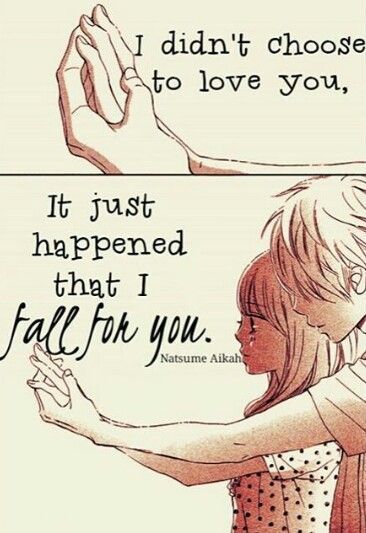
Love is something more than a sudden inspiring feeling. True love is not always sweet, pleasant and smells like flowers. Most of the time, she looks different, with her sleeves rolled up, her hands covered in mud, and sweat dripping from her forehead. nine0003
Love does not live by itself, only by your work. And love doesn't go away on its own — it's only your choice
True love requires us to do difficult things: forgive each other, comfort in grief, inspire in difficult times, take responsibility. True love is not easy. It's not like what we feel on our wedding day. But this feeling is much stronger and more beautiful.
Recently, I came across a wonderful quote: “Love does not come at will, only by chance. Love does not live by itself - only by your work. And love does not go away by itself - it is only your choice. nine0003
Whenever my wife has problems, we always try to choose love. Although we are far from perfect, the love that exists between us is more real than all our dreams of it.